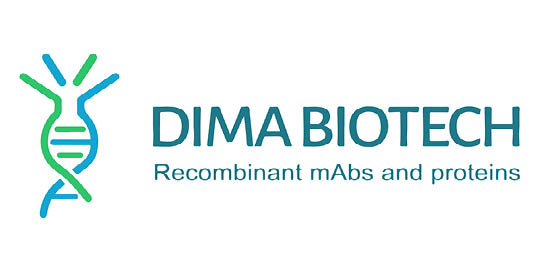Human CD151-Strep full length protein-synthetic nanodisc
Human CD151-Strep full length protein-synthetic nanodisc
Artikelnummer
DMAFLP120071-50
Verpackungseinheit
50 µg
Hersteller
DIMA Biotechnology
Verfügbarkeit:
wird geladen...
Preis wird geladen...
Background: The protein is a member of the transmembrane 4 superfamily, also known as the tetraspanin family. Most of these members are cell-surface proteins that are characterized by the presence of four hydrophobic domains. The proteins mediate signal transduction events that play a role in the regulation of cell development, activation, growth and motility. This encoded protein is a cell surface glycoprotein that is known to complex with integrins and other transmembrane 4 superfamily proteins. It is involved in cellular processes including cell adhesion and may regulate integrin trafficking and/or function. This protein enhances cell motility, invasion and metastasis of cancer cells. Multiple alternatively spliced transcript variants that encode the same protein have been described for this gene.
Description: Human CD151-Strep full length protein-synthetic nanodisc
Molecular Weight: The human full length CD151-Strep protein has a MW of 28.3 kDa
Protein Families: Druggable Genome, Transmembrane
Protein Pathways: N/A
Storage & Shipping: Store at -20°C to -80°C for 12 months in lyophilized form. After reconstitution, if not intended for use within a month, aliquot and store at -80°C (Avoid repeated freezing and thawing). Lyophilized proteins are shipped at ambient temperature.
Tag: C-Flag&Strep Tag
Expression Host: HEK293
Formulation & Reconstitution: Lyophilized from nanodisc solubilization buffer (20 mM Tris-HCl, 150 mM NaCl, pH 8.0). Normally 5% – 8% trehalose is added as protectants before lyophilization. Please see Certificate of Analysis for specific instructions. Do not use solvents with a pH below 6.5 or those containing high concentrations of divalent metal ions (greater than 5 mM) in subsequent experiments.
Target: CD151
Uniprot ID: P48509
Usage: Research use only
Description: Human CD151-Strep full length protein-synthetic nanodisc
Molecular Weight: The human full length CD151-Strep protein has a MW of 28.3 kDa
Protein Families: Druggable Genome, Transmembrane
Protein Pathways: N/A
Storage & Shipping: Store at -20°C to -80°C for 12 months in lyophilized form. After reconstitution, if not intended for use within a month, aliquot and store at -80°C (Avoid repeated freezing and thawing). Lyophilized proteins are shipped at ambient temperature.
Tag: C-Flag&Strep Tag
Expression Host: HEK293
Formulation & Reconstitution: Lyophilized from nanodisc solubilization buffer (20 mM Tris-HCl, 150 mM NaCl, pH 8.0). Normally 5% – 8% trehalose is added as protectants before lyophilization. Please see Certificate of Analysis for specific instructions. Do not use solvents with a pH below 6.5 or those containing high concentrations of divalent metal ions (greater than 5 mM) in subsequent experiments.
Target: CD151
Uniprot ID: P48509
Usage: Research use only

 English
English











